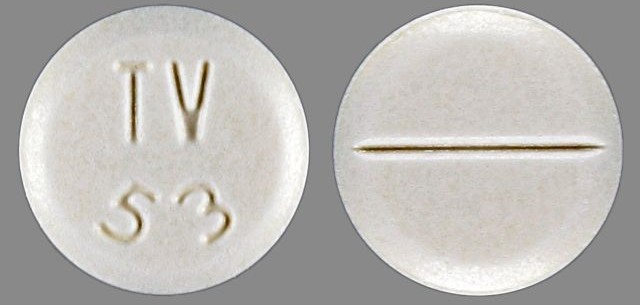Exploring the Potential of Buspar for OCD Treatment

Obsessive-Compulsive Disorder (OCD) is a mental health condition characterized by distressing obsessions and compulsive behaviors. While traditional treatments like therapy and Selective Serotonin Reuptake Inhibitors (SSRIs) are commonly prescribed, the use of Buspar for OCD has gained attention as an alternative approach. In this article, we delve into the potential benefits, considerations, and research surrounding the use of Buspar for managing OCD symptoms.
1. Understanding Buspar: A Unique Approach
"Buspar," also known by its generic name buspirone, is a medication primarily used to treat generalized anxiety disorder. It belongs to a class of drugs known as anxiolytics and works by affecting certain neurotransmitters in the brain. Although not initially developed for OCD treatment, Buspar's mechanism of action has led to exploration of its potential benefits for managing OCD symptoms.
2. Off-Label Use: The Context for Buspar for OCD
When discussing the use of Buspar for OCD, it's important to note that it falls under the category of off-label use. Off-label use refers to the practice of prescribing a medication for a purpose other than its FDA-approved indications. In the case of OCD, Buspar may be considered when other treatments have not yielded the desired results.
3. 5-HT1A Receptor Agonist: The Mechanism of Action
Buspar's mechanism of action involves acting as a partial agonist at the 5-HT1A receptor, a subtype of serotonin receptor. Serotonin is a neurotransmitter involved in mood regulation, and its role in OCD has been studied extensively. By targeting the 5-HT1A receptor, Buspar may contribute to reducing the intensity of obsessive thoughts and compulsive behaviors.

4. Research Landscape: Exploring Efficacy
The research regarding Buspar for OCD is still evolving, and findings have been mixed. While some studies have suggested potential benefits in reducing certain OCD symptoms, others have not found significant improvements. As with any treatment, individual responses may vary.
5. Consultation with a Healthcare Professional: Essential Step
If considering Buspar for OCD, it's crucial to consult with a healthcare professional before making any decisions. A qualified mental health provider can evaluate the individual's specific symptoms, medical history, and treatment goals to determine whether Buspar is a suitable option.
6. Adjunctive or Monotherapy: Treatment Considerations
Buspar may be used as an adjunctive treatment alongside other interventions or as a monotherapy for managing OCD symptoms. The decision to use it alone or in combination with other treatments depends on the individual's needs, preferences, and treatment response.

7. Balancing Benefits and Risks: Informed Decision-Making
As with any medication, the use of Buspar for OCD involves a careful consideration of potential benefits and risks. Individuals and their healthcare providers should engage in open discussions to make informed decisions that align with the individual's treatment goals and overall well-being.
In conclusion, the exploration of Buspar for OCD highlights the complexity of treatment options for this challenging condition. While its mechanism of action and potential benefits are intriguing, its use should be guided by consultation with a qualified healthcare provider. The decision to consider Buspar as part of the treatment regimen requires a collaborative effort to ensure that it aligns with the individual's unique needs, treatment history, and preferences.